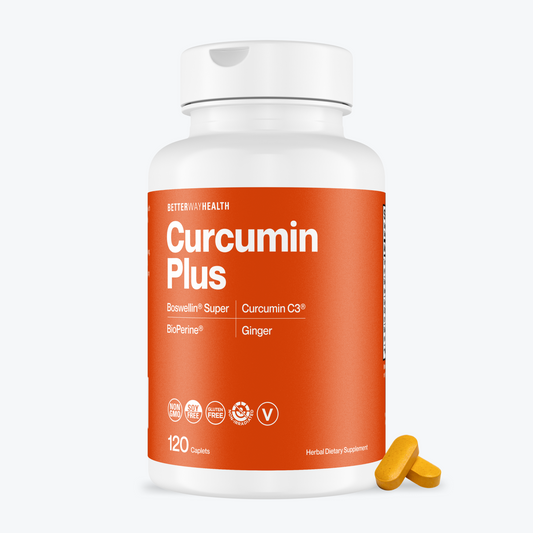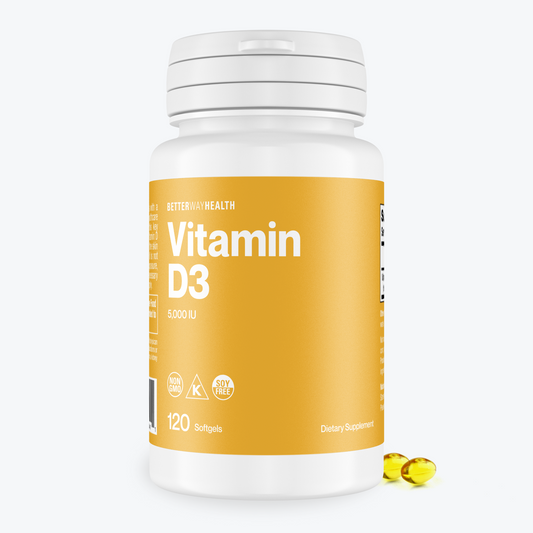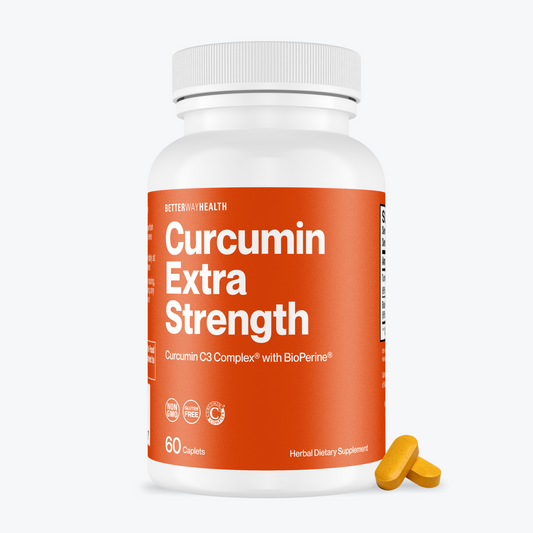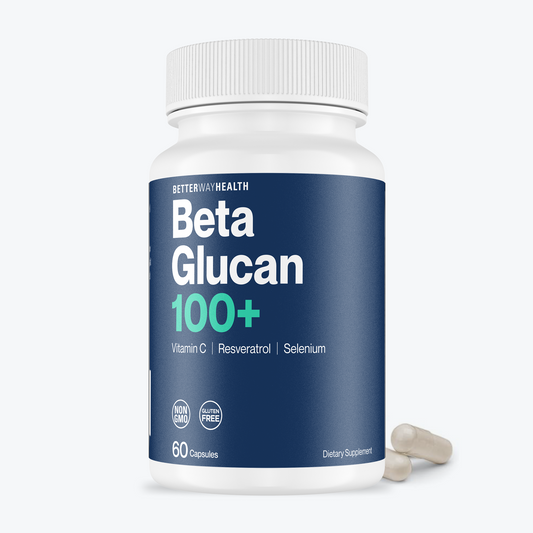Is Hyaluronic Acid Good for Acne? Discover Its Skincare Role
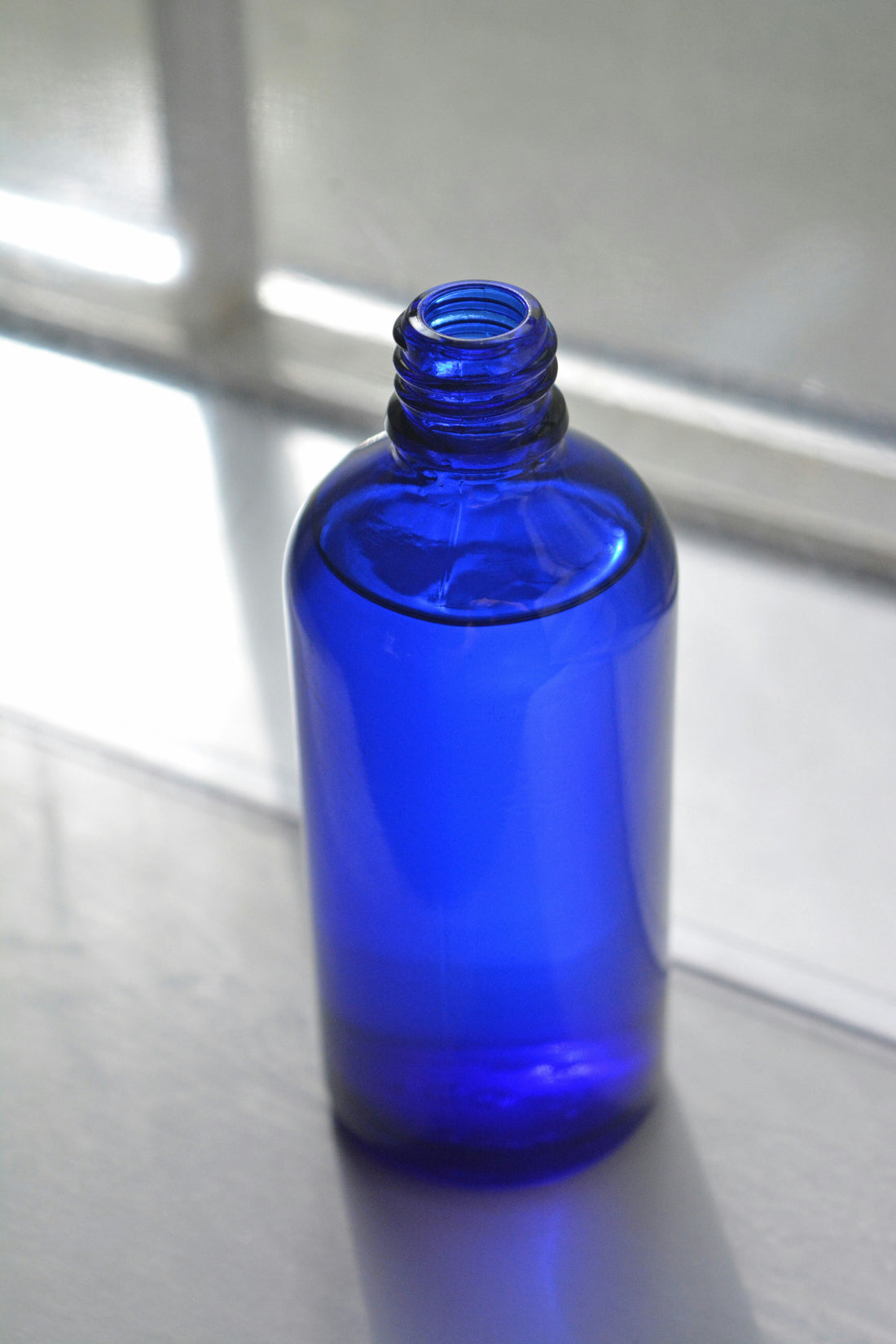
This is part of our resource, titled 'is Hyaluronic Acid Good for Oily Skin?'
If you have experienced acne or acne breakouts, you know how hard it can be to control.
Navigating skincare science isn't easy, folks.
Today we are going to find out more about dealing with acne, common skin cleansers, and if hyaluronic acid helps treat acne.
Lastly, we are going to find out exactly how beta glucan replenishment cream is a trusted source of skin nourishment and well-being.
Understanding Hyaluronic Acid and Its Role in Skin Care
HA (hyaluronic acid) is a naturally occurring substance found in our bodies that may play a crucial role in maintaining moisture levels for healthy skin. (1) It is commonly found in our skin, eyes, and connective tissue.
Hyaluronic acid is known as a humectant, which is basically a sponge. It has a unique ability to absorb water—say goodbye to dry skin!
One of the many benefits of hyaluronic acid is that HA can hold up to 1,000 times its weight in water.
It acts like your body's internal moisturizer, keeping tissues well-lubricated.

How Does Hyaluronic Acid Contribute to Skin Health?
-
HA is a key player in hydration, binding water molecules together with collagen on the surface of your skin cells.
-
It is an essential component for wound healing due to its ability to regulate inflammation levels while signaling the body during tissue repair processes.
-
Hyaluronic acid promotes healthier, more supple skin because of its 'moisture retention' ability. This has made hyaluronic acid products a go-to solution for maintaining skin hydration and overall health.
Exploring the Connection Between Hyaluronic Acid and Acne
If you're struggling with acne, hyaluronic acid might be a game-changer for your skincare routine.
Controlling Sebum Production with Hyaluronic Acid
Studies show that hyaluronic acid can help regulate oil production on the skin's surface.
An overproduction of sebum (excess sebum) often leads to clogged pores, oily skin, and subsequently triggers acne flare-ups. Pay close attention to any appearance of acne after applying HA on the skin.
Improving Skin Barrier Function
Beyond controlling oiliness, hyaluronic acid also enhances our skin's barrier function.
A strong protective layer helps fend off potential irritants that may cause inflammation or redness—common issues associated with acne-prone skin.
-
Hyaluronic acid may fortify the barrier by maintaining optimal hydration levels within the dermis, reducing the chances of irritation from external factors like pollution or harsh weather conditions.
-
In turn, reducing the chances of irritation from external factors like pollution or harsh weather conditions.
-
According to WebMD, hyaluronic acid may assist in preparing and concealing acne scars.
The combined benefits of controlled sebum production and an enhanced protective layer make it clear why many are turning towards products containing hyaluronan when dealing with stubborn pimples.

What is a Hyaluronic Acid Allergy?
An allergy to hyaluronic acid is a bad reaction to a substance that occurs naturally in the body and can affect how well the skin stays hydrated and maintains volume. These adverse effects on your skin may potentially impact all skin types.
Your immune system can have an allergic reaction to hyaluronic acid if it perceives it as a threat or invader. This type of reaction may trigger adverse effects on the skin.
Dive Deeper: Hyaluronic Acid Allergy: Causes, Side Effects, and Treatment
Possible Side Effects and Risks Involved In Using Hyaluronic Acid for Treating Acne
While hyaluronic acid is generally safe for use, it's not without potential drawbacks.
Can hyaluronic acid cause breakouts?
The answer isn't straightforward, as reactions vary from person to person.
This could be due to a sensitivity to the ingredient itself or other components in the product formulation. A patch test can help identify any adverse reaction before fully incorporating new skincare products into your routine.
To conduct one, apply a small amount of the product on an inconspicuous area like behind your ear, and wait 24 hours. If no redness, itching, or swelling occurs during this time frame, you're likely safe to proceed with full application.
However, if you are experiencing severe acne or skin allergies, speak to a dermatologist immediately.
Do Other Natural Acne Treatment Options Exist?
Yes, there are a variety of treatments to consider for acne. However, it is always recommended to contact your healthcare professional, doctor, or book an appointment with a professional dermatologist to get further insights and a clear path of treatment.
1: Retinol
Retinol is a natural vitamin that is part of the vitamin A family. It is commonly found in pro-aging creams and lotions. Retinol may be an effective treatment for acne.
2: Vitamin C
Vitamin C is a powerful ingredient in anti-aging creams and products. Studies have shown that vitamin C may reduce the appearance of wrinkles and fine lines.
3: Skin Exfoliation
Exfoliating involves removing the outermost layer of dead skin cells. By eliminating the skin cells that obstruct the pores, this may help with acne treatment.
4: Beta Glucan Replenishment Cream
Beta glucan replenishment cream is another natural option that may aid in skin nourishment, protection, and hydration while soothing inflammation, which can support acne treatment.
This proprietary blend targets all layers of the skin to replenish and maintain moisture.*
There are more than 50 new scientific publications released every week in the beta glucan research sector.
In fact, beta glucan is the most studied natural immunomodulatory.
Read the science in detail here:
Beta Glucan, The Skin Powerhouse
Beta glucan is a natural immune system supplement that has taken the world by storm, particularly in the world of skincare.
Glucan is classified as an immuno-modulator, meaning it has the unique ability to activate and boost every immune system cell in your body.*
When your body is subjected to harmful pathogens that are recognized as non-self, beta glucan puts the immune cells on ‘high alert’ to combat the pathogens.*
Suggested Reading: What is Beta Glucan?
Benefits of Beta Glucan Skin Treatment
Glucans can be used in the form of natural daily supplements as well as in topical replenishment cream.
This blend works on all layers of the skin to restore and retain moisture, making the skin feel smooth and elastic.*
Furthermore, the benefits of topical beta glucan include:*
- Wound healing ability
- Stimulation of collagen synthesis
- Soothes damaged or sensitive skin
- Boosts skin hydration
- Acts as an anti-inflammatory agent
- Has been tested extensively and shown to be safe

Reducing the Appearance of Wrinkles and Fine Lines
This natural substance works by retaining moisture within the skin, binding water to increase anti-aging properties, and smoothing out wrinkles and fine lines.*
Improving Skin Elasticity
Aging often leads to a loss of elasticity in the skin. However, regular use of beta glucan replenishment cream can help combat this issue, making your skin look more youthful and radiant.*
Beta glucan topical cream is also beneficial for those with sensitive skin, as it helps to soothe dryness and irritation.*
Active Ingredients in Beta Glucan Cream
Our glucan cream contains aloe vera, beta glucan, and four types of hyaluronates (different forms of hyaluronic acid):
-
Sodium Hyaluronate: This serves as a sponge, retaining water, enhancing suppleness, and plumping tissues.
-
Hydrolyzed Sodium Hyaluronate: A smaller HA molecule that penetrates the skin to provide deep hydration and anti-aging benefits.
-
Sodium Acetylated Hyaluronate: Stays on the skin's surface to prevent water evaporation, keeping the skin moist and elastic for longer periods.
-
Sodium Hyaluronate Cross Polymer: This unique HA mesh can absorb five times more water than regular hyaluronic acid.
Our beta glucan formula replenishes and maintains moisture in your skin at all layers, leaving the epidermis feeling elastic and smooth.
It possesses anti-aging properties and may scavenge free radicals.
It has been shown to improve hydration and reduce skin water loss. Together, these components can create a 3-D network for water storage within the skin.

FAQs
Is hyaluronic acid good for acne?
Yes, hyaluronic acid can be beneficial for acne as it helps control sebum production and improves skin barrier function, reducing the redness and irritation associated with breakouts.
Is hyaluronic acid serum good for oily acne-prone skin?
Absolutely. Hyaluronic acid serum is suitable for oily, acne-prone skin because it hydrates without adding oiliness or clogging pores.
What makes Beta Glucan Replenishment Cream different?
This special combination moisturizes all skin layers, leaving the skin smooth and elastic. Glucan cream soothes skin and reduces wrinkles by scavenging free radicals. By creating a three-dimensional network in the epidermis, it hydrates and prevents moisture loss.*
Beta glucan also reduces alpha-hydroxy-acid-induced dehydration in our proprietary cream. Additionally, glucan enhances sunscreen's ability to protect the skin from UV radiation.*
What is Beta Glucan Replenishment Cream made from?
Aloe Vera:
One of the most well-known and widely used healing plants, aloe vera has been used for almost 4,000 years to help people stay healthy. Research shows that aloe is an excellent moisturizer with molecules that reduce inflammation and kill germs.
Beta Glucan:
This ingredient can help prevent damage to skin cells caused by aging or sun exposure. Beta glucan supports the immune system in responding to skin conditions such as rashes, eczema, bedsores, wounds, and burns.
Mixed Fruit Blend:
A blend of herbal extracts including lactic acid, glycolic acid, citric acid, malic acid, and tartaric acid.
Hyaluronic Blend:
A combination of sodium hyaluronate, sodium acetylated hyaluronate, and sodium hyaluronate cross polymer that enhances hydration and skin elasticity.
Explore the cream for yourself
Conclusion
Getting the right treatment for your acne can be a draining and frustrating process. But never give up!
There are several options we discussed in this resource, such as hyaluronic acid, various natural acne remedies, and beta glucan, which may contribute to replenishing, maintaining moisture, and helping skin wounds heal more effectively. (2)*
(*These statements have not been evaluated by the Food and Drug Administration. This product is not intended to diagnose, treat, cure, or prevent any disease.)
Still have questions?
Our ACES Team is always there to help.




